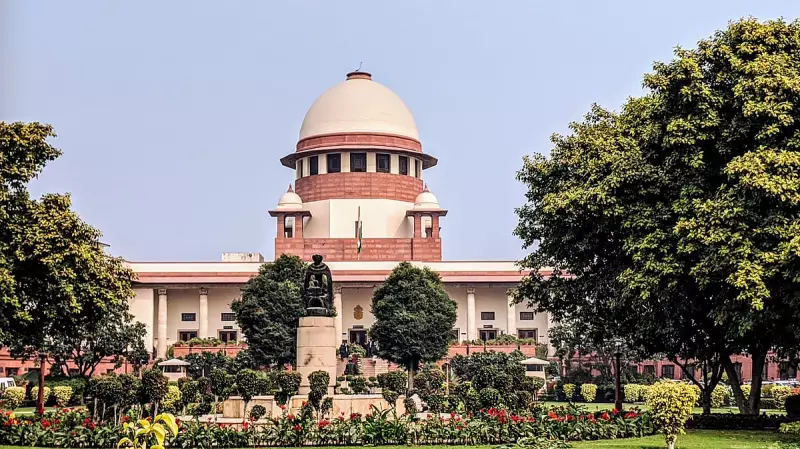
Supreme Court Intervenes in NCLAT Case After Judicial Interference Claims
In a significant judicial development, the Supreme Court of India has ordered the transfer of a case from the National Company Law Appellate Tribunal (NCLAT) bench in Chennai to Delhi. This decision came after a sitting judicial member of the tribunal raised serious concerns about external interference in the judicial process.
The Grounds for Case Transfer
The apex court took this extraordinary step following allegations made by a judicial member currently serving at the NCLAT Chennai bench. The member formally claimed that a retired judge had attempted to influence the proceedings of the case, raising questions about the integrity of the judicial process.
While addressing this sensitive matter, the Supreme Court decided to handle a writ petition filed by M/s A S Met Corp Pvt Ltd on the administrative side. The company's petition directly raised the issue of judicial interference, prompting the court's intervention in what appears to be a rare instance of acknowledged external pressure on tribunal proceedings.
Administrative Action and Future Proceedings
The case, which was originally being heard at the NCLAT Chennai bench, will now be heard in Delhi following the Supreme Court's transfer order dated November 14, 2025. This move underscores the judiciary's commitment to maintaining the sanctity of legal proceedings and ensuring that cases are heard in an environment free from external influences.
The Supreme Court's decision to deal with the matter administratively rather than through regular judicial channels indicates the sensitivity of the issue. Administrative handling typically addresses procedural and institutional matters concerning the functioning of courts and tribunals.
This development highlights several important aspects of India's judicial system:
- The mechanism for addressing complaints about judicial interference
- The Supreme Court's supervisory role over lower tribunals
- Protection of judicial independence at all levels of the legal system
- The process for transferring cases between different tribunal benches
The transfer of the case from Chennai to Delhi represents not just a geographical shift but a strong statement about maintaining judicial purity. It demonstrates the Supreme Court's vigilance in protecting the judicial process from any form of external pressure or influence.
Legal experts are watching this case closely as it could set important precedents for how similar situations are handled in the future. The outcome may influence protocols for addressing allegations of interference in judicial matters across India's extensive tribunal system.





